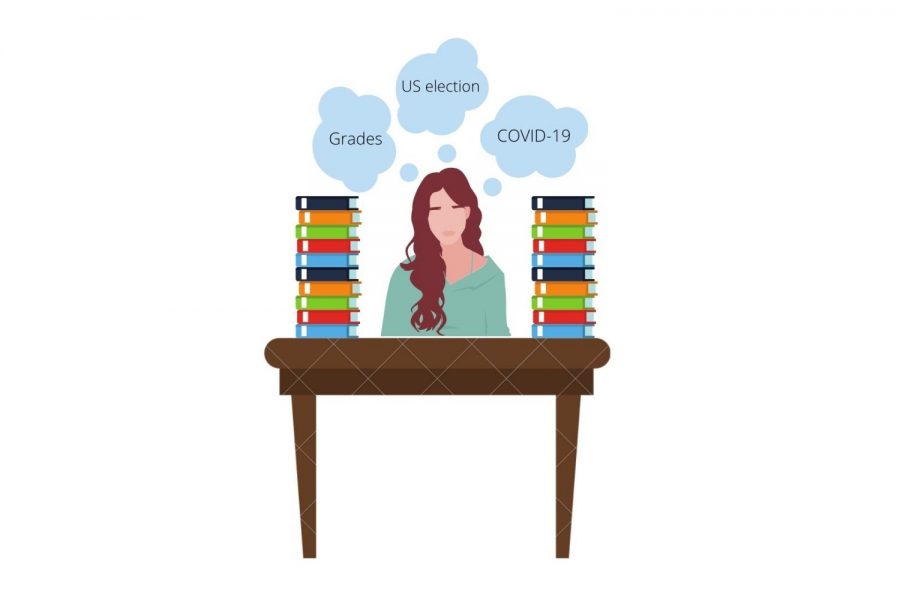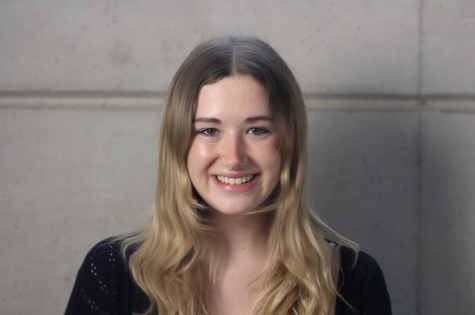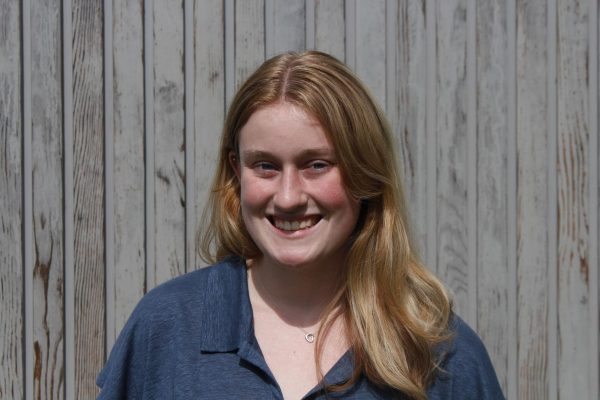Eight months have elapsed since the community moved to the Distance Learning Plan. Since in-person learning resumed in September, some students have experienced alterations to their productivity levels and study habits.
During the DLP, teachers were expected to reduce the amount of assigned work to accommodate the modified schedule that combined classwork and homework. Following the return to campus, students were reintroduced to the previous criterion of having homework in addition to the work in class.
English Teacher Stephan Potchatek said although the circumstances are challenging and present the community with much ambivalence, it “has forced us to pay attention to our expectations of students and students’ work.”
Potchatek also said teachers acknowledge the challenges students are facing during the transition from DLP. As a result, they have taken the gap between online and in-person classes into consideration when planning their lessons.
“If we ignore the fact that students weren’t in school for three months of the last year, we’re missing out on some really, really important things,” he said. “We’re redoubling the damage.”
In addition, Potchatek said the well-being of students should be taken into consideration as the community continues to adjust to in-person learning, especially amidst the changing coronavirus restrictions.
“I would hope that as a school, we are a little bit more attentive to the social-emotional needs of our students, and a lot of that is paying attention to and taking seriously the trauma that has come from those six months,” he said.
Likewise, Campbell Lazar (’23) said teachers have demonstrated empathy for students by taking into account the unusual COVID-19 related circumstances.
I would hope that as a school, we are a little bit more attentive to the social-emotional needs of our students, and a lot of that is paying attention to and taking seriously the trauma that has come from those six months.
— English Teacher Stephan Potchatek
“Teachers have been very understanding because there’s a lot of different variables and things that have changed our experience, and if you reach out for help, they’ll be very understanding,” she said.
On the other hand, Sara Fakhry (’22) said that teachers have not shown as much understanding in terms of workload and other coronavirus-related variables. However, she said this is justified due to the necessary expectation that students can switch from DLP to in-person learning and follow along with the set material that must be taught.
“Teachers haven’t taken into consideration the DLP when assigning work,” she said. “But at least from a junior’s perspective, I don’t think teachers can take that into account because there is a certain amount of work we have to uphold, and I don’t think it’s fair for teachers to have to expect, at least for upperclassmen, that we can’t move from distance learning to in-person.”
Additionally, Potchatek said that he noticed a lot of pressure on students when it comes to turning in work on-time this school year.
“I mean, all you’ve heard is, ‘This is your deadline, this is your deadline, this is your deadline and why isn’t it in?’,” he said.
Furthermore, Fakhry said that since returning to school in-person, she has noticed direct implications from the DLP on her study habits, and said this has limited her ability to let out energy and complete work at her own pace.
“The DLP did decrease my motivation a little bit,” she said. “You also have less of an ability to jump around because the time to finish work has been reduced.”
Similar to Fakhry, Lazar said her procrastination habits have undoubtedly changed since distance learning was implemented, and has forced her to adjust to the more rigorous and time-consuming workload.
“I definitely feel that I’ve procrastinated more,” she said. “The DLP workload was reduced a lot to accommodate not being in school. I think it’s been sort of hard to adjust and jump back into the higher workload.”
Moreover, Potchatek said some of his past students that have had pre-existing issues with school work continue to struggle with them now that in-person learning has resumed.
“Some people have been happy to come back, and a lot of students who’ve struggled to complete work last semester are still struggling,” he said. “I’m not sure that we’ve done anything to really even think of fighting against the problems that have been there.”
Potchatek said that the uncertainty and change in world circumstances have shifted individuals’ perspectives to a more community-oriented one, which should be taken into account.
“The anxiety of every moment has forced our attention onto other things,” he said. “That lack of control and unsettling of things should force us to reckon with the kind of foundational expectations that we have as a community.”
Teachers haven’t taken into consideration the DLP when assigning work.
— Sara Fakhry ('22)
Furthermore, Potchatek said that after experiencing the freedoms that came with distance learning, switching back to in-person required teachers to re-evaluate their expectations for students and is making it more difficult for students to adjust.
“The thing we’re struggling with now is how do we go back to these unrealistic expectations again having known or tasted the fruit of freedom of a full life?” he said.
In addition, Lazar said although procrastinating may feel like the easiest option at times, especially after coming back from distance learning, being disciplined and setting aside a set amount of time to complete work is the best way to meet deadlines and avoid that barrier of procrastination.
“It can feel a bit overwhelming just putting it off to the side, but in reality, if I just sort of sat down and did all my work, it would be a lot more manageable,” she said. “I would say setting aside certain times for work and other times for break and trying to build in periods of focused work and then having a break so it doesn’t feel too overwhelming.”
Likewise, Potchatek said that it is crucial that both students and teachers alike focus on being realistic with themselves, and he said he hopes teachers pay attention to students’ needs given the constant challenges the community is facing.
“Being honest with themselves is a really important thing, and being honest with teachers,” he said.
Potchatek said with the imbalance of social interactions and schoolwork, a central part of typical education has been disrupted.
“We’re driving people away and reducing our education in-person to the content,” he said. “We’re missing a significant part of what American school is at its core.”







